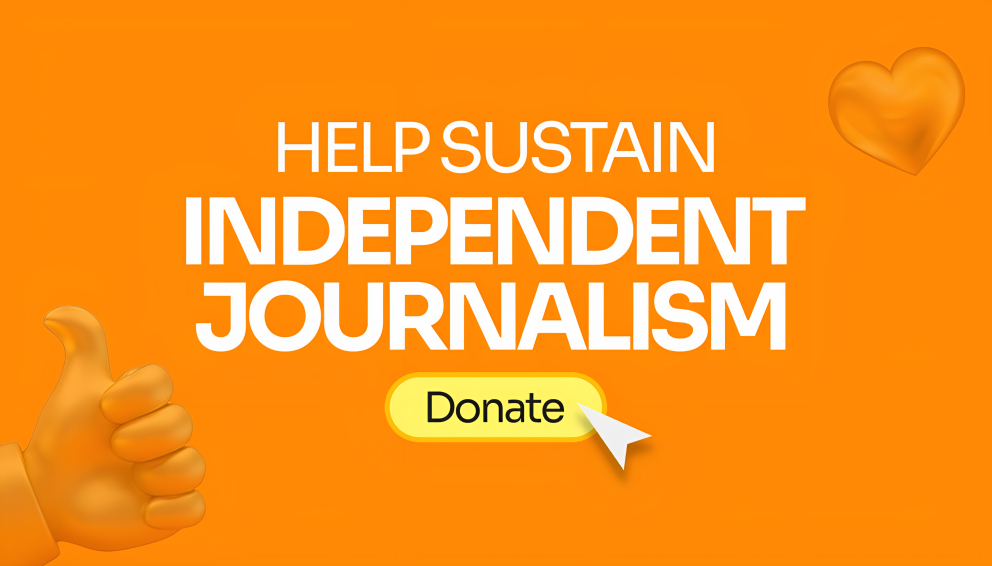*Residents Seek State Govt Intervention
*We Are Heading To Golgotha If Situation Persists- Consumers
Residents of Imo State are crying out over the continuous skyrocketing prices of food items in markets across the state, describing the situation as unbearable.
Emmanuel Onwu, a resident in Owerri and public policy analyst, told INNONEWS that the rising food prices are now “beyond understanding and comprehension.”
“The food prices are alarming, and one can easily say we are heading to Golgotha with the manner food prices are rising, which very soon would be beyond the reach of the common man,” Onwu said.
A visit to two major markets in the state, Relief Market and Eke Ukwu Owerre Market, in Owerri, revealed a sharp rise in food prices.
Beans, rice, yam, and bread have been hit the hardest.
A cup of beans now sells for N400, up from N250.
Rice prices have skyrocketed to N350-N380, depending on the variety.
A bag of the commodity is sold for between N69,000 to N72,000.
Two cups of garri now sell for N500, while a loaf of bread costs N1,500.
Bread, adjudged to be food for the common man, is now way off the reach of the ordinary man, as a loaf for a family of three, which was sold for N700, now sells for N1,500.
A bag of “pure water” is now sold for N400, a sharp rise from N300 previously sold.
A crate of eggs sold for N2,500 is now sold for N4,000.
The price of tomatoes has also risen, with a paint size selling for N11,000.
The National Bureau of Statistics lists food inflation at over 30 percent, but residents in Imo State say it is beyond the figure and would not abate.
Residents are calling on the State government to take urgent action to address the situation, fearing that hunger would ravage citizens of the State if urgent action is not taken to ameliorate the situation.
High food prices are also aggravated by a sharp rise in rents for residential and business premises across the State capital, which has hit an all-time high of over 200 percent.
The situation has left many wondering how they will survive as prices continue to surge.
However, the challenging economic situation in the State is a reflection of the larger economic crisis facing the country, with many states experiencing similar price surges.
Some worried residents of the State who spoke to INNONEWS reporters at the markets, expressed frustration over the situation.
Mrs. Nkechi Ugwu, a teacher at a private Primary school, in Owerri said, “The cost of living is becoming unbearable. I don’t know how we will survive if things continue like this.”
Evang John Opara, a pastor at a popular Pentecostal Church in Owerri stated, “It’s now a struggle to feed my family, food prices are skyrocketing daily. It’s like they are taking advantage of our vulnerability.”
“The worsening food prices is a ticking time bomb, if something urgent is not done, we will face a hunger crisis,” he said.
Sebastian Onuoha, a resident of Emekuku, in Owerri North LGA, called on the State government to take action to address the rising cost of living before it’s too late.
“Government can come in and help in regulating the surge in prices of food items.
“It is very disturbing, and while we understand that it is a national problem, something can be done to at least checkmate these prices. A Commodity Board would be ideal,” he said.
Governor Hope Uzodimma had in July, 2023 promised to set up the Imo State Marketing and Commodity Board, which will ensure food items are sold at normal prices.
“I have discovered with pain, how traders are taking advantage of the economic situation to increase the prices of food items in the market.”
“We shall achieve this by setting up low-cost markets in the State where prices of food items and commodities will be affordable for the masses.”
“The markets will be situated in all the 27 LGAs of the State.” Uzodimma told a gathering of Imo stakeholders at a meeting in July, 203.
Despite the pledge several months ago, the Board is yet to materialize, leaving citizens of the State disillusioned and struggling to afford basic necessities as the cost of living soars since the removal of fuel subsidy by President Bola Tinubu.

